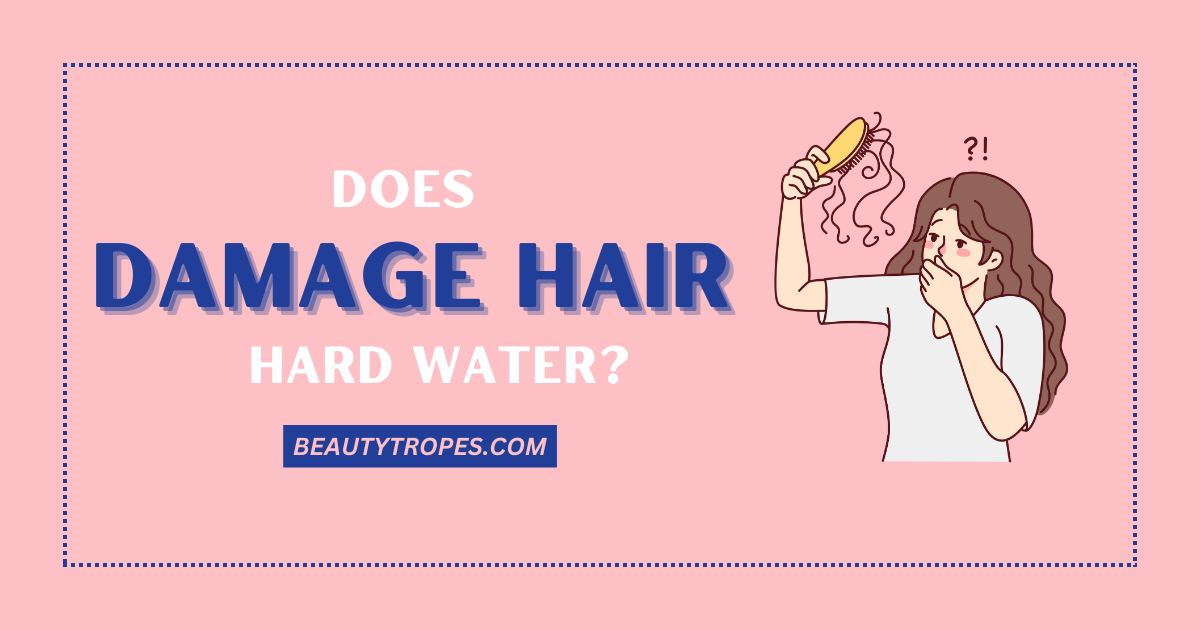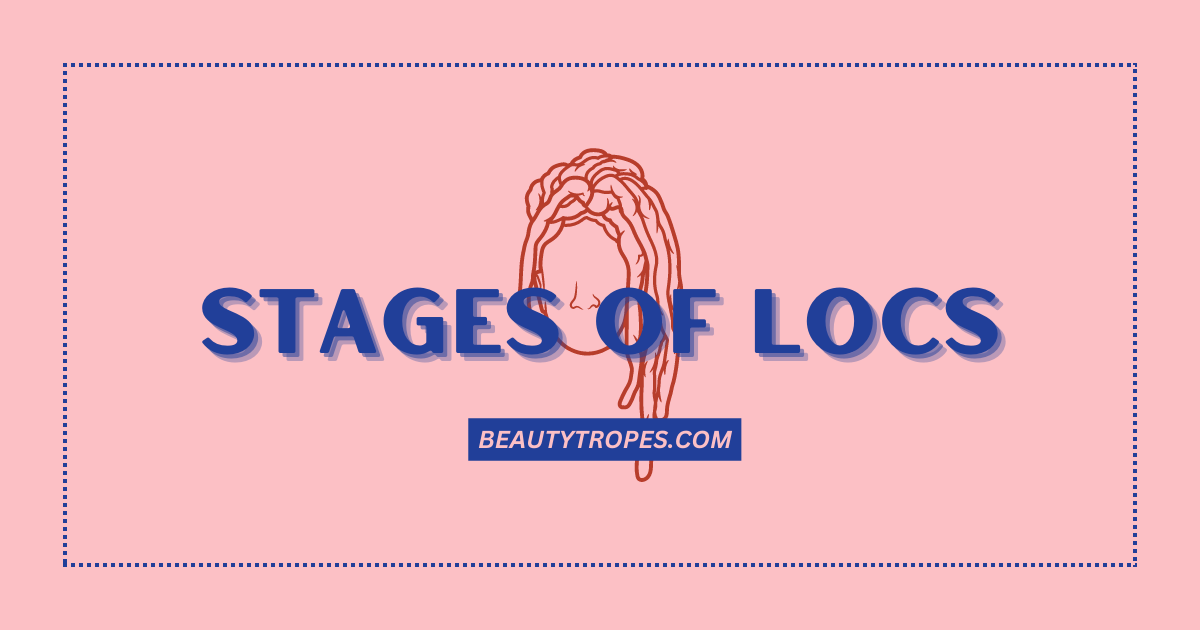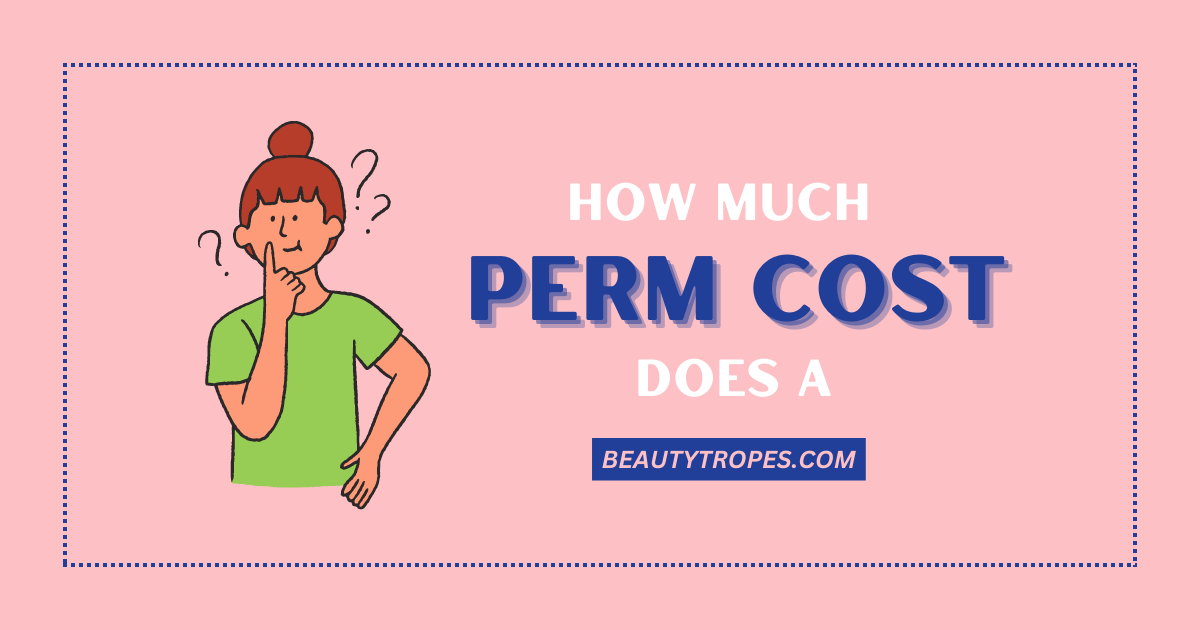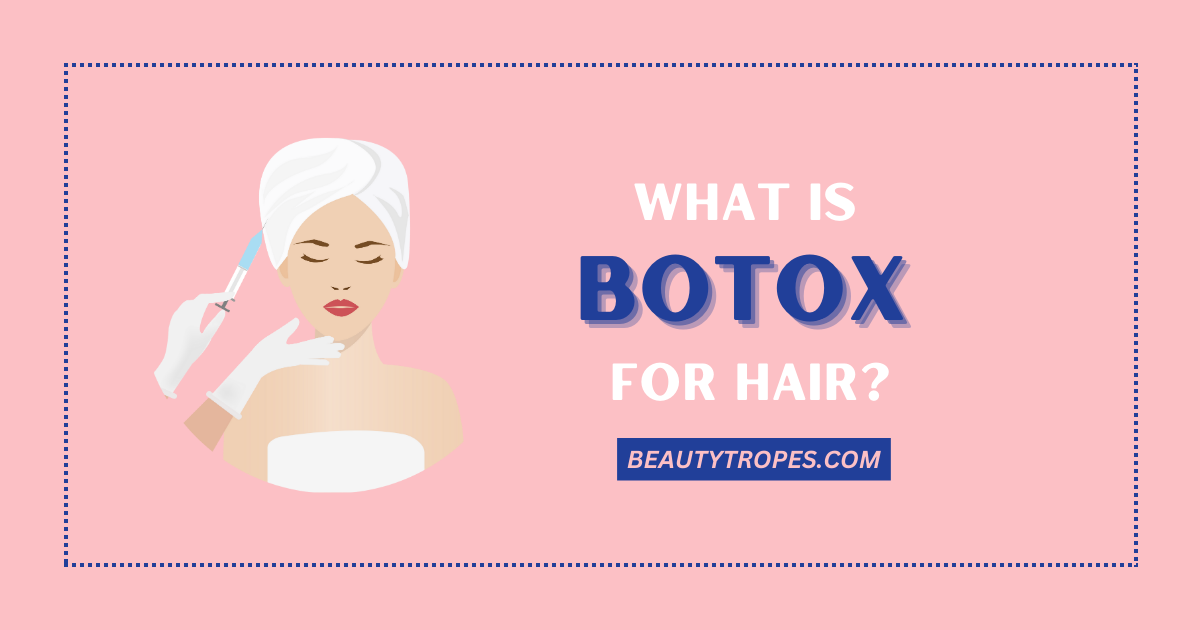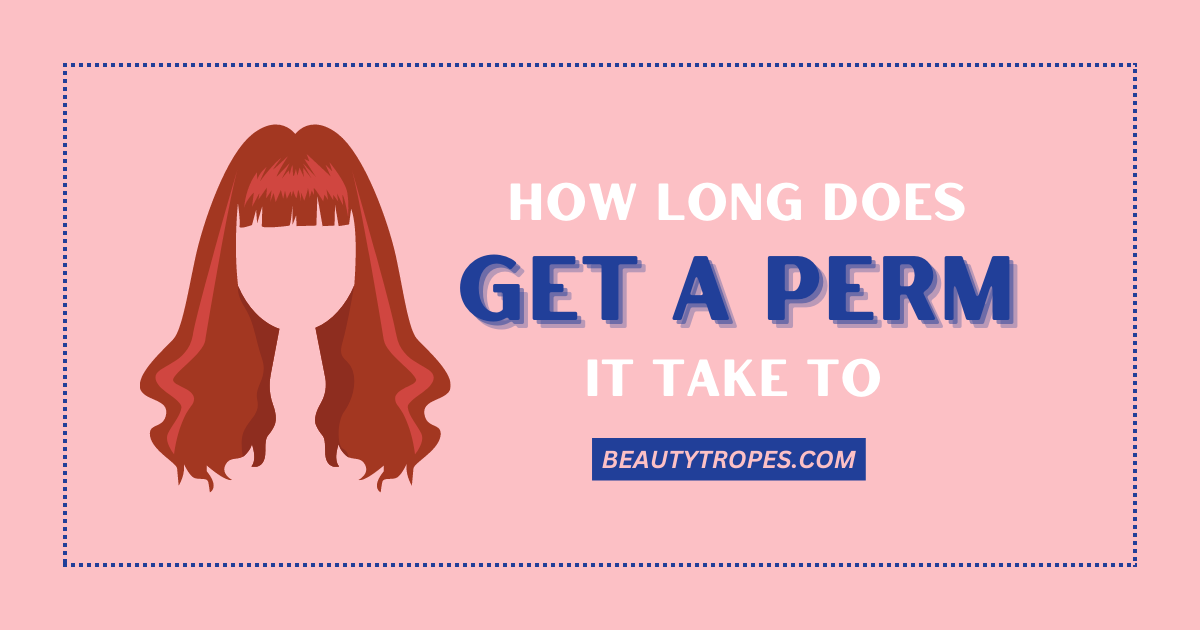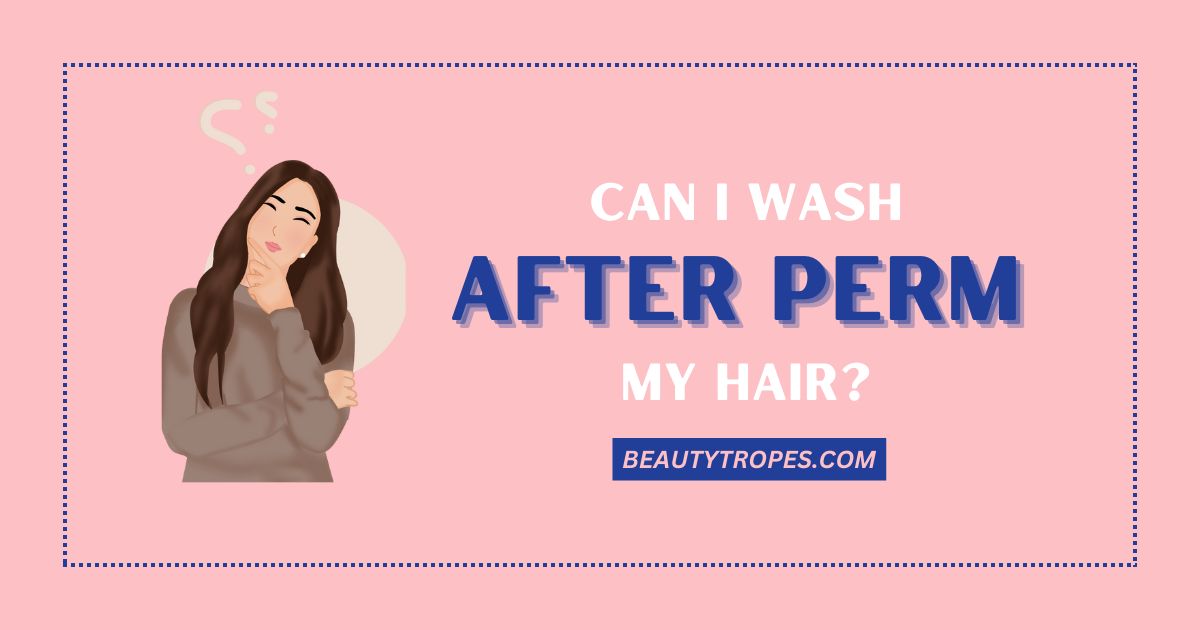4 Signs of Hard Water on Hair: How to Recognize and Prevent It
Hard water is a common problem that affects many people around the world. When water has a high mineral content, it is classified as hard water, which can cause hair damage. It can be particularly problematic for people with naturally curly or frizzy hair, as the mineral buildup can lead to dryness, brittleness, and breakage.
If you’ve observed changes in your hair’s manageability, appearance, or texture, it might indicate the impact of hard water. Common signs of hard water damage on hair include dryness, dullness, tangling, and thinning. Luckily, you can take measures to prevent and remedy hard water damage, such as using hair care products designed for hard water, installing a water softener, or opting for DIY solutions.
In this article, we will explore the signs of hard water on hair in detail and provide practical tips and solutions for maintaining healthy, beautiful hair despite the challenges of hard water.
Chemical Interactions between Hard Water Minerals and Hair Proteins
The damaging effects of hard water on hair can be attributed to the minerals it contains, particularly calcium and magnesium ions. These positively charged minerals can interact with negatively charged hair proteins, causing damage and discoloration.
To combat the negative effects of hard water on hair, you can use clarifying shampoos, install water softeners, and take other preventative measures. By understanding the science behind hard water and its impact on hair health, you can better protect your hair and maintain its health and vibrancy.
How To Diagnose Hard Water on Hair?
There are several methods you can try to diagnose hard water damage to your hair:
- Water Testing
Water testing is the most accurate way to determine if hard water is causing damage to your hair. You can purchase a water testing kit from a hardware or home improvement store or have your water professionally tested. If the results show that your water is hard, it could be the culprit behind your hair problems.
- Observing the Symptoms
Another way to diagnose hard water damage is to observe the symptoms. If you notice dryness, brittleness, or discoloration in your hair, it could be a sign of hard water damage. Using a clarifying shampoo or chelating treatment can also help remove buildup from hard water minerals and provide further evidence of hard water damage.
- Consulting a Professional
If you’re still unsure whether you have hard water damage to your hair, consulting a professional hair stylist or dermatologist can be helpful. They can examine your hair and scalp and recommend treatments to improve your hair health.
4 Signs of Hard Water on Hair
If you are experiencing any of these 4 signs, it is possible that hard water is affecting your hair.
Dryness and Brittleness
The hard water minerals can strip the hair’s natural oils, leaving it dry and brittle. It can lead to split ends, breakage, and hair loss. Hair that is dry and brittle is more prone to damage from styling tools such as blow dryers, curling irons, and flat irons.
Discoloration:
Hard water can also cause hair discoloration, particularly if you have blonde or light-colored hair. The minerals in hard water can leave a yellow or brassy tint on the hair, making it appear dull and lifeless.
Dullness
Hard water can leave a residue on the hair, making it look dull and lifeless. It can be particularly noticeable when using styling products or hair dyes, as the residue can interfere with their effectiveness.
Scalp Irritation
Hard water can also cause scalp irritation, particularly if you have sensitive skin. The hard water minerals can dry the scalp, causing itching, flaking, and dandruff. It can be particularly problematic for people who already have dry or sensitive scalp issues.
How to Protect Your Hair from Hard Water?
To avoid damage caused by hard water, the most effective approach is to prevent mineral buildup. Here are preventative measures to take against hard water buildup:
Install a Water Softener
A water softener is a device that removes minerals from water, making it “soft.” Soft water is gentler on hair and skin and can help to prevent mineral buildup. Installing a water softener in your home is one of the most effective ways to prevent hard water buildup and protect your hair and skin from damage.
Use a Water Filter
A water filter can help to remove impurities from water, including minerals that cause hard water. While a water filter won’t altogether remove all minerals, it can help to reduce their concentration and make water gentler on hair and skin. Several types of water filters are available, including pitcher filters, faucet filters, and whole-house filters.
Rinse Your Hair with Bottled Water
If you don’t have access to soft or filtered water, rinsing your hair with bottled water can help to prevent hard water buildup. Bottled water contains fewer minerals than tap water, making it gentler on hair and skin. You can also use distilled or reverse osmosis water for rinsing your hair.
Avoid Hot Water
Hot water can exacerbate the effects of hard water on hair and skin, causing dryness and irritation. Avoid using hot water when washing your hair to prevent hard water buildup. Instead, use lukewarm or cool water to help keep your hair looking healthy and vibrant.
Best Hair Care Products for Hard Water
Several hair care products can help mitigate hard water’s effects and keep hair looking healthy and vibrant. Let’s discuss some of the best hair care products for hard water, including shampoos, conditioners, and treatments.
Clarifying Shampoos
Clarifying shampoos are formulated to remove buildup from hair, including hard water minerals and other impurities. These shampoos contain ingredients like citric acid, which can dissolve the minerals that cause hard water buildup. Some of the best clarifying shampoos for hard water include:
- Neutrogena Anti-Residue Shampoo
- Paul Mitchell Clarifying Shampoo Three
- Kenra Clarifying Shampoo
- Moroccanoil Clarifying Shampoo
Chelating Treatments
Chelating treatments are similar to clarifying shampoos, and they also help to remove buildup from hair caused by mineral deposits, chlorine, and other impurities. These treatments contain ingredients like EDTA, which can bind to metal ions and remove them from hair. Some of the best chelating treatments for hard water include:
- Malibu C Hard Water Wellness Treatment
- Ion Hard Water Shampoo
- Ouidad Water Works Clarifying Shampoo
- Joico K-PAK Clarifying Shampoo
Moisturizing Conditioners
Hard water can strip the natural oils from hair, leaving it dry and brittle. To combat this, it’s essential to use a moisturizing conditioner that can help to hydrate and nourish hair. Look for conditioners that contain ingredients like coconut oil, shea butter, and argan oil, which can help to restore moisture and prevent breakage. Some of the best moisturizing conditioners for hard water include:
- Shea Moisture Coconut & Hibiscus Curl & Shine Conditioner
- Ouidad Curl Quencher Moisturizing Conditioner
- Biolage Hydrasource Conditioner
- OGX Renewing + Argan Oil of Morocco Conditioner
Leave-In Conditioners
In addition to a moisturizing conditioner, it can also be helpful to use a leave-in conditioner to provide extra hydration and protection for hair. Leave-in conditioners can help to detangle hair, reduce frizz, and prevent breakage. Look for leave-in conditioners that contain ingredients like keratin, which can help to strengthen hair and improve its texture. Some of the best leave-in conditioners for hard water include:
- It’s a 10 Miracle Leave-In Conditioner
- Olaplex No. 6 Bond Smoother
- Carol’s Daughter Black Vanilla Leave-In Conditioner
- Briogeo Farewell Frizz Rosarco Milk Leave-In Conditioning Spray
Hair Masks
Hair masks are deep conditioning treatments that can help to restore moisture and repair damage caused by hard water. Look for hair masks that contain ingredients like protein, which can help to strengthen hair and improve its elasticity. Some of the best hair masks for hard water include:
- Olaplex No. 3 Hair Perfector
- Shea Moisture Manuka Honey & Mafura Oil Intensive Hydration Hair Masque
- Amika Soulfood Nourishing Hair Mask
- Moroccanoil Restorative Hair Mask
DIY solutions for hard water damage to hair
Some DIY solutions that you can try at home to keep your hair looking healthy and vibrant. Let’s discuss some DIY solutions for hard water damage to hair.
- Apple Cider Vinegar Rinse
One of the easiest and most effective DIY solutions for hard water damage. Apple cider vinegar is acidic, which can help to dissolve mineral buildup on hair and restore its natural pH balance.
To make an apple cider vinegar rinse, mix equal parts of water and apple cider vinegar in a spray bottle. After shampooing, spray the mixture onto your hair and let it sit for a few minutes before rinsing with cold water. You can use this rinse once a week to help keep your hair looking healthy and shiny.
- Baking Soda Scrub
Another DIY solution is a baking soda scrub. Baking soda is abrasive, which can help to remove buildup from hair and scalp. To make a baking soda scrub, mix a tablespoon of baking soda with enough water to form a paste.
Apply the paste to your scalp and massage it briefly before rinsing with warm water. You can use this scrub once a week to help remove mineral buildup and keep your scalp healthy.
- Coconut Oil Treatment
Coconut oil is a natural moisturizer that can help hydrate and nourish damaged hair. To use coconut oil, simply apply a small amount of oil to your hair and scalp, focusing on the ends. Leave the oil in for at least an hour or overnight before washing your hair with shampoo and conditioner. You can use this treatment once a week to help keep your hair moisturized and healthy.
- Lemon Juice Rinse
Lemon juice is acidic, which can help to dissolve mineral buildup on the hair and restore its natural pH balance. Mix equal parts water and lemon juice in a spray bottle to make a lemon juice rinse.
After shampooing, spray the mixture onto your hair and let it sit for a few minutes before rinsing with cold water. You can use this rinse once a week to help keep your hair looking healthy and shiny.
- Aloe Vera Treatment
Aloe vera is a natural moisturizer that can help soothe and hydrate hair that has been damaged by hard water. To use aloe vera, simply apply a small amount of gel to your hair and scalp, focusing on the ends.
Leave the gel in for at least an hour, or overnight, before washing your hair with shampoo and conditioner. You can use this treatment once a week to help keep your hair moisturized and healthy.
Final Thoughts
Hard water can significantly impact the health and appearance of our hair, leading to a range of issues such as dryness, brittleness, and dullness. It can also exacerbate underlying scalp conditions, causing discomfort and irritation.
However, there are various effective solutions to address hard water damage to hair, including using specialized hair care products, installing a water softener, and seeking professional advice. By proactively implementing these solutions, we can restore our hair’s health and vitality and prevent further damage.
So, don’t let hard water damage your hair – take the necessary steps to protect and nourish it. With the proper care and attention, we can enjoy beautiful, healthy hair that looks and feels great.
FAQs
How do I know if I have hard water in my hair?
If you have hard water in your hair, you may notice signs such as dryness, brittleness, and lack of lather when washing your hair with soap or shampoo.
How do you remove water hardness from hair?
There are several ways to remove water hardness from hair, such as using a clarifying shampoo, apple cider vinegar rinse, or installing a water softening system at home.
What does hard water-damaged hair look like?
Hard water damaged hair may look dull and frizzy, have split ends, and be difficult to comb or style.
Can hard water cause hair loss?
While hard water does not directly cause hair loss, it can contribute to hair thinning or breakage over time due to the buildup of mineral deposits on the scalp and hair follicles.

